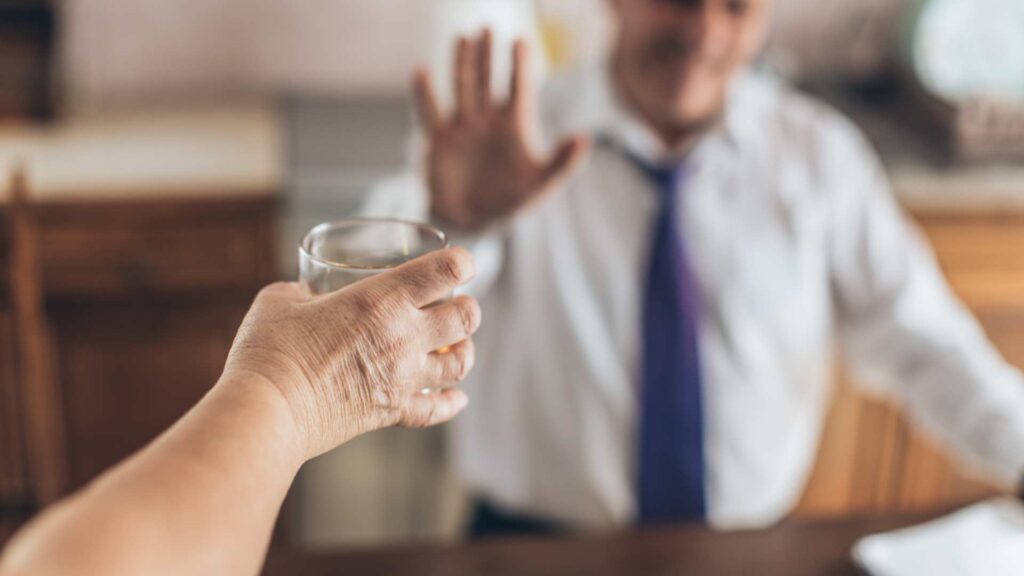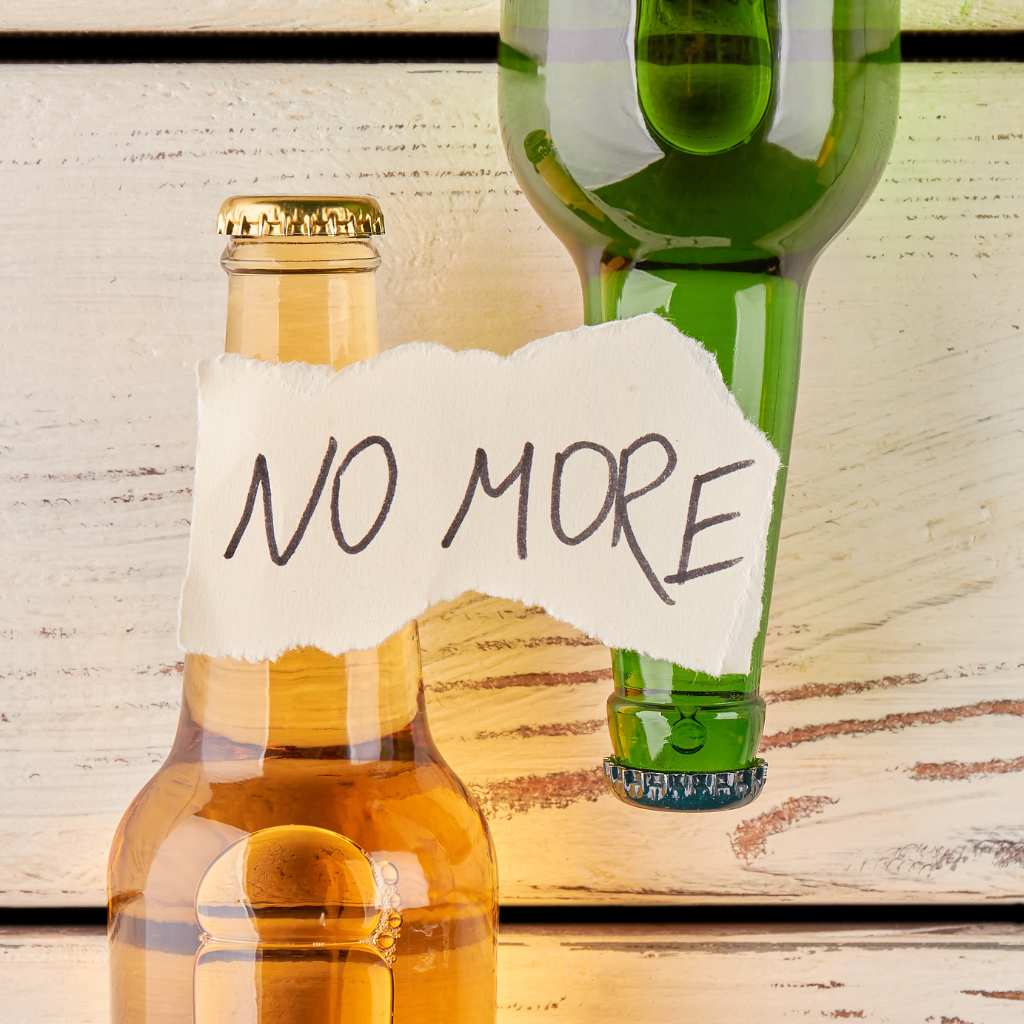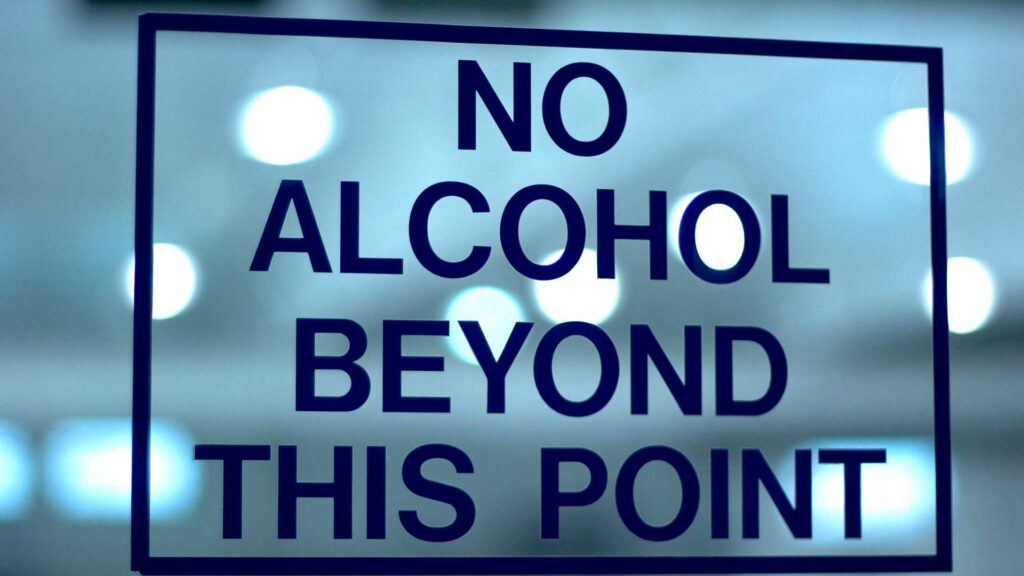Table of Contents
What happens if you don’t drink for 72 hours?
For anyone beginning their journey to sobriety, the first few days can feel like climbing a steep hill. Physically, your body is undergoing a series of significant changes, and emotionally, the weight of cravings and uncertainty can be heavy. After 72 hours without alcohol, your body enters a critical phase of healing that can feel unbearable.
For many individuals starting their journey ask themselves, “What happens the first 72 hours if you don’t drink?” This period often brings a mix of discomfort and progress, signaling that you’re moving closer to freedom from dependency.
So, if you are about to start your journey or need some insight to help a loved one, keep reading this blog by GateHouse Treatment. We’ll explore the changes your body and mind experience during the first 72 hours without alcohol, the challenges you may face, and practical strategies to help you through this pivotal phase.
The First 72 Hours Without Alcohol: What to Expect

Alcohol significantly affects the brain and the body in multiple ways. According to the National Institute on Alcohol Abuse and Alcoholism, it disrupts brain function, impacting mood, coordination, and decision-making. Long-term or heavy drinking damages the heart (causing arrhythmias, stroke, or cardiomyopathy) and severely affects liver health, leading to conditions like cirrhosis and alcoholic hepatitis.
Moreover, according to the American Journal of Emergency Medicine, alcohol withdrawal syndrome (AWS) occurs when heavy drinkers suddenly stop or significantly reduce alcohol consumption, leading to central nervous system (CNS) hyperstimulation. Symptoms typically begin within 6–8 hours after the last drink, peaking around 72 hours and generally resolving within 5–7 days.
So, its absence triggers some adjustments as the system strives to return to normal. For regular or heavy drinkers, these adjustments can result in withdrawal symptoms, which vary in intensity depending on factors such as age, health, and the duration of alcohol use. Let’s break down what typically happens during these critical first three days.
The First 24 Hours: Initial Reactions
Within hours of your last drink, your body starts to notice the absence of alcohol. Since alcohol suppresses certain brain chemicals, such as glutamate (responsible for excitatory activity in the brain), withdrawal can cause a sudden surge in these chemicals, leading to:
- Increased anxiety and restlessness
- Headaches
- Nausea or vomiting
- Elevated heart rate and blood pressure
Many individuals also experience disrupted sleep, often finding it difficult to fall or stay asleep. This change is because alcohol, while initially sedating, interferes with deep, restorative sleep cycles over time.
The Second Day: Escalation of Symptoms
On day two, withdrawal symptoms often intensify. As the body works to regain balance, individuals might experience:
- Tremors
- Profuse sweating
- Heightened irritability or emotional sensitivity
- Difficulty concentrating
Cravings for alcohol may also peak during this phase as the brain grapples with the loss of its primary source of dopamine, a chemical linked to feelings of pleasure and reward.
At 72 Hours: The Turning Point
By the third day, withdrawal symptoms typically peak. For some individuals, these 72 hours without alcohol can be the most challenging day physically, as the body is working at full capacity to detoxify. Common symptoms during this period include:
- Severe headaches
- Increased sweating and dehydration
- Nausea or vomiting
- Intense cravings for alcohol
The intensity of symptoms begins to subside after this point. However, for individuals with a history of heavy drinking, there is a risk of severe withdrawal complications, such as seizures or delirium tremens (DTs). DTs are rare but serious, involving confusion, agitation, and even hallucinations, according to the Cleveland Clinic.

The Science Behind 72 Hours Without Alcohol
Knowing what to expect when you start a rehabilitation program, especially in the early days, will give you a little more confidence and motivation to complete the process. No one will say it is an easy process; on the contrary, it is very challenging, and many may fall by the wayside, but completing it will be that turning point in your life and well-being.
Here are some key developments during the first days without alcohol consumption:
Brain Function Stabilization: Alcohol disrupts the balance of neurotransmitters like dopamine and serotonin. After the individuals stops drinking within the first days, the brain begins to restore its natural chemical levels, which may lead to mood swings but is a sign of healing.
Liver Recovery: The liver starts processing toxins more effectively. If individuals drink heavily, this marks the beginning of reduced inflammation and better overall liver health.
Improved Hydration: Alcohol dehydrates the body, but research analyzed that after a few days of abstinence, the hydration levels begin to normalize, leading to fewer headaches and more energy.
Why Are the First 72 Hours the Hardest?
The initial days of sobriety are the most challenging, and it’s easy to see why. Alcohol dependency affects both the body and mind, creating a cycle of physical reliance and emotional coping. Breaking free from this cycle involves confronting discomfort, cravings, and even self-doubt.
Social triggers and habits tied to drinking also come into play during these early days. Whether it’s the association of alcohol with relaxation or its role in social settings, the absence of these routines can amplify feelings of unease. Recognizing these triggers and preparing to manage them is essential for success.
Practical Tips for Surviving the First 72 Hours

Getting to the first three days without alcohol is a big step to achieving full recovery. It requires not only willpower but additional tools and considerations that will make the rehabilitation process a success, so you might also consider the following:
1. Hydrate and Eat Well
Drinking plenty of water and consuming balanced meals can help stabilize your body. Include foods rich in protein and complex carbohydrates to maintain energy and support brain function.
2. Create a Safe Space
Remove alcohol from your home to eliminate temptation. Surround yourself with people who support your decision to quit.
3. Engage in Distractions
Activities like walking, journaling, or listening to calming music can keep your mind occupied and reduce cravings.
4. Seek Professional Support
Detoxing under medical supervision is not just safer; it can also make the process more manageable. Professionals can use medications like MAT to ease withdrawal symptoms and monitor for complications.
5. Practice Self-Compassion
Recovery is a journey, not a sprint. Allow yourself grace during moments of struggle and focus on the progress you’re making.
Why Choose GateHouse Treatment?
At GateHouse Treatment, we understand that taking the first step toward sobriety can feel daunting. That’s why we offer compassionate, evidence-based care tailored to meet your unique needs. Our medically supervised alcohol detox programs ensure your safety during the critical first days without alcohol, while our ongoing support services help you build a life free from dependence.
Whether you’re just starting your journey or looking for guidance in long-term recovery, we are here to walk alongside you every step of the way. Call us today at (855) 448-3588 or contact us online to learn more about our programs and take the first step toward a healthier, brighter future.
- How a Partial Hospitalization Program Supports Addiction Recovery - March 19, 2025
- Exercise for Addiction Recovery: A Power Way for Healing and Balance - March 7, 2025
- Alcohol Poisoning: How to Recognize and Prevent It - February 26, 2025




